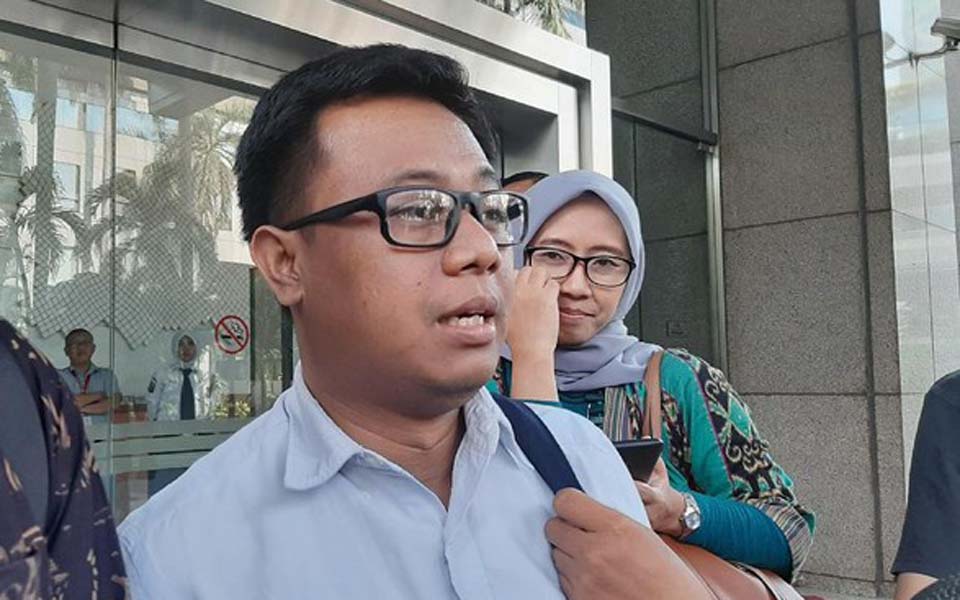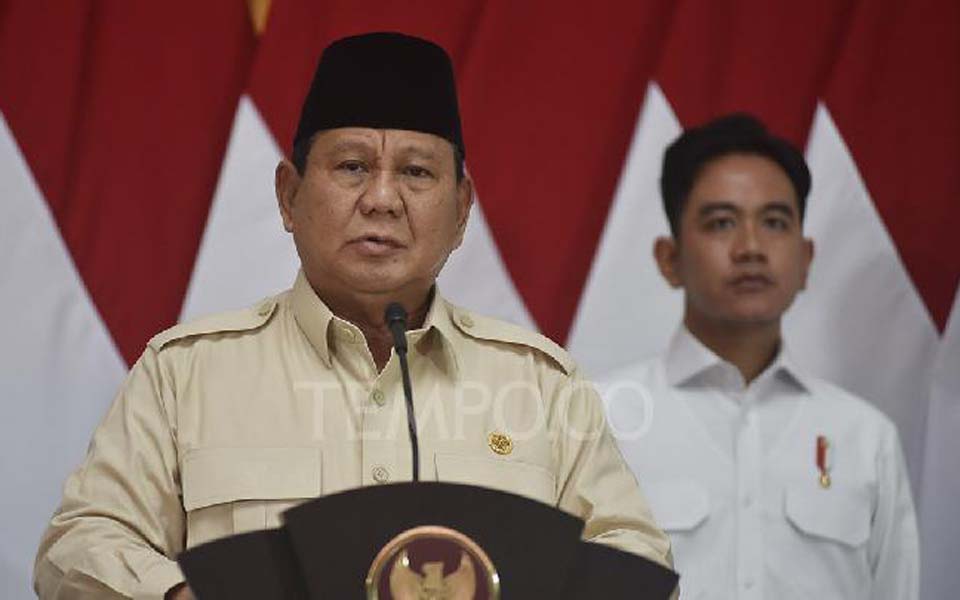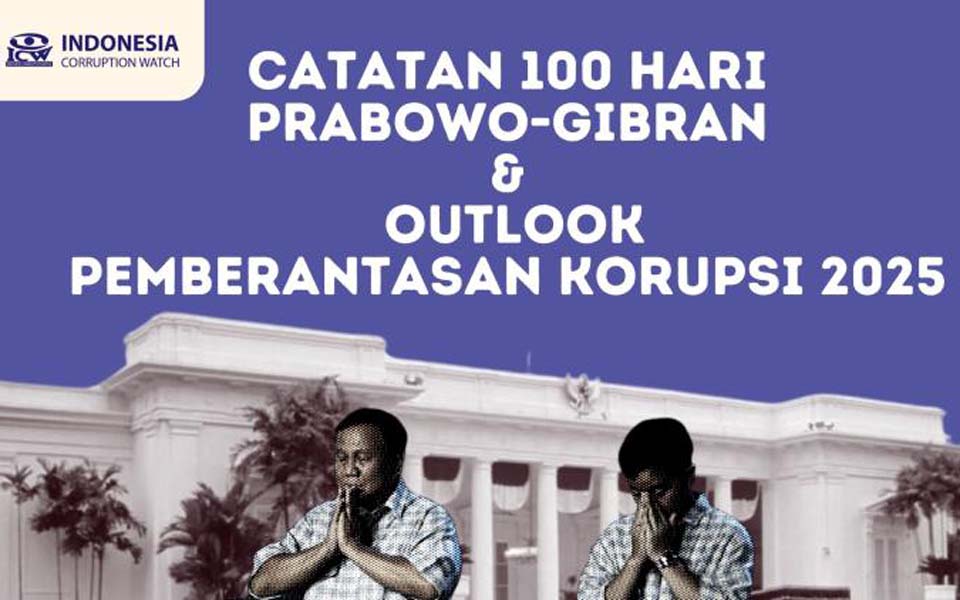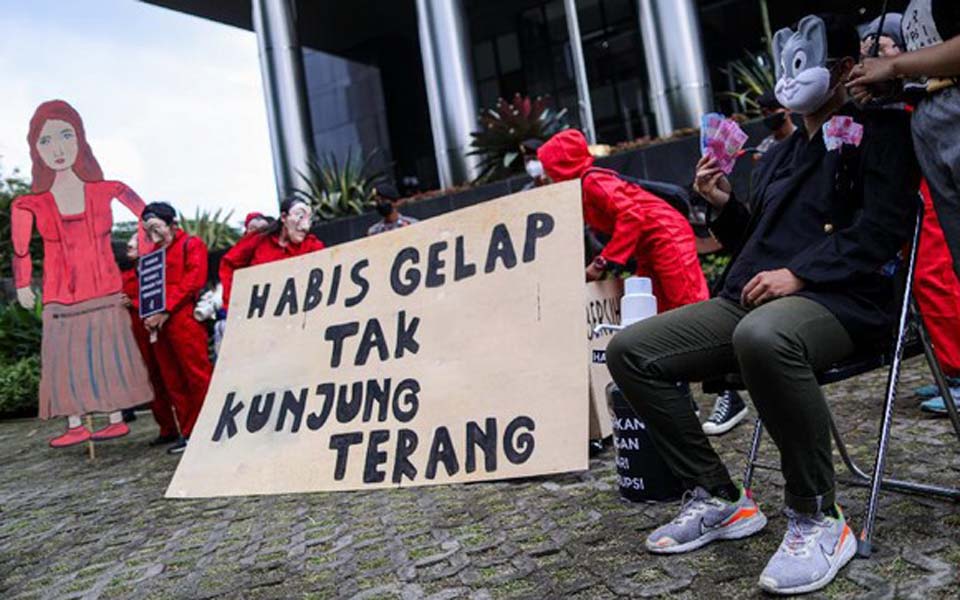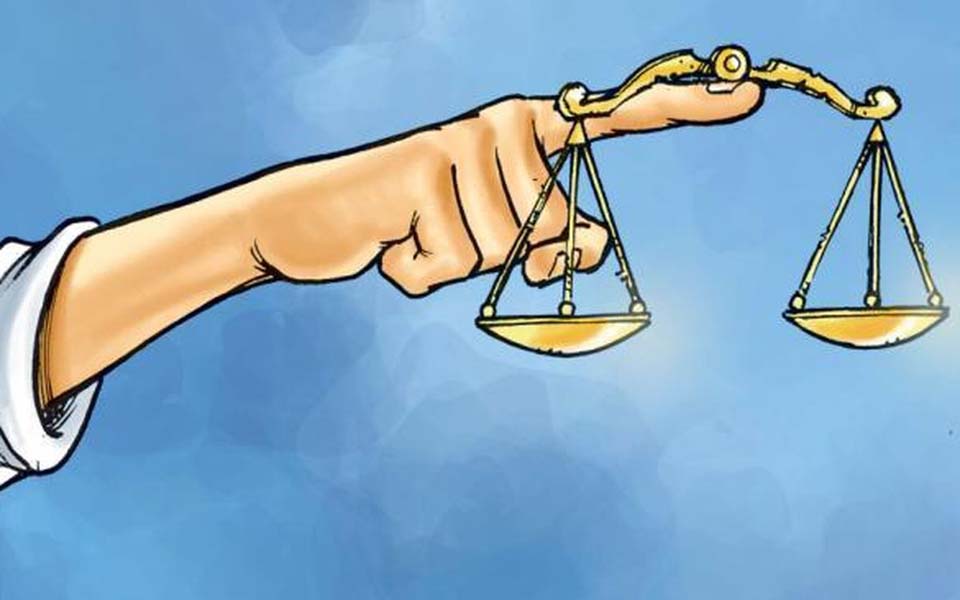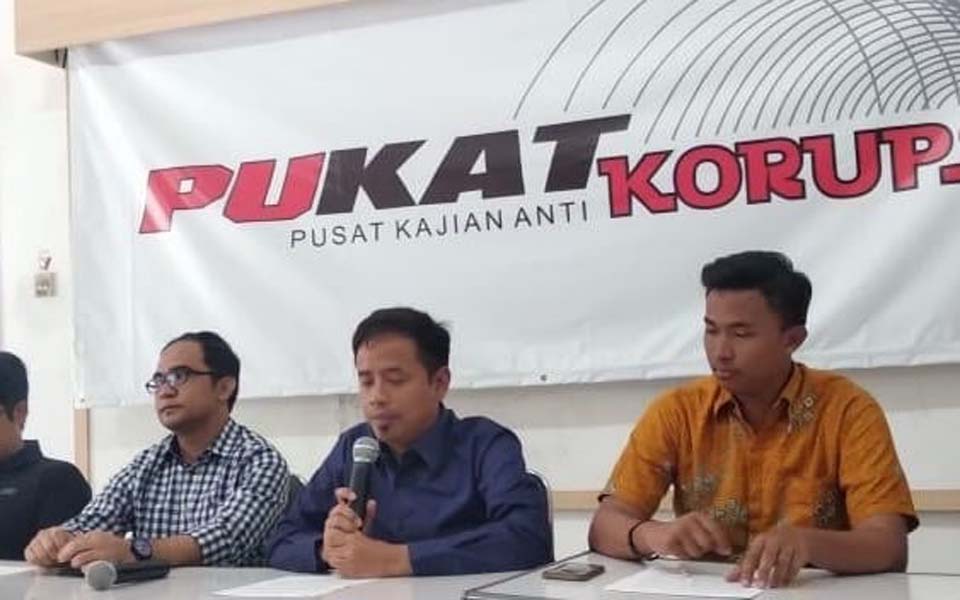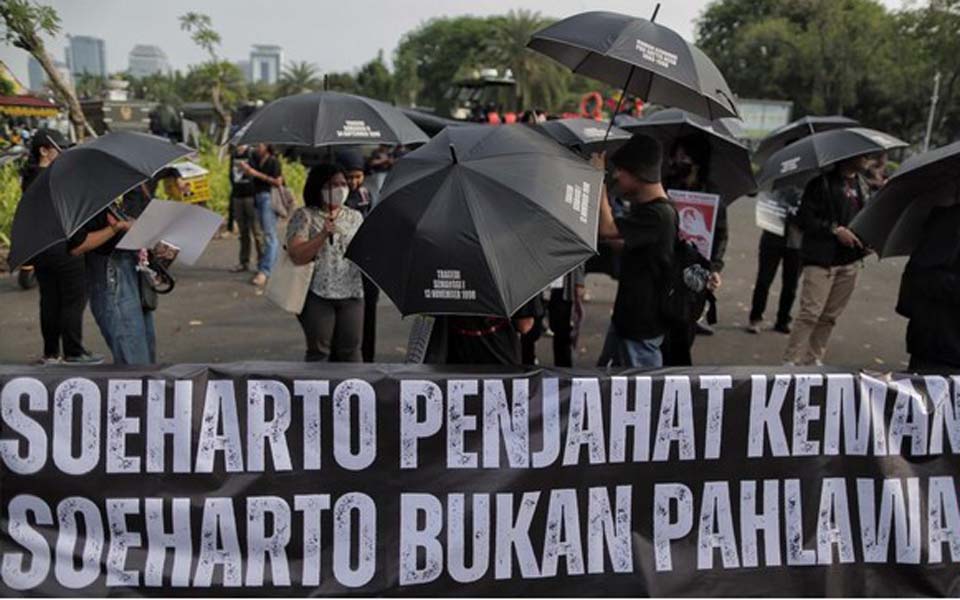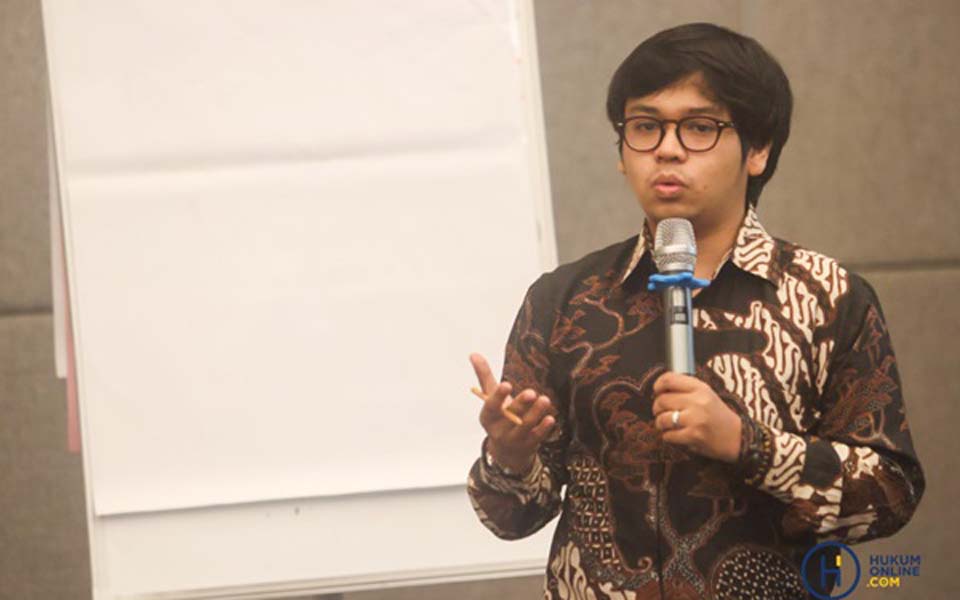Fika Nurul Ulya, Bogor – Coordinating Minister for Security, Politics and Legal Affairs Mahfud MD says that the government in the era of reformasi – the political reform process that began in 1998 – must learn from the fall of the New Order (Orba) regime in 1998.
The New Order government of former president Suharto fell because of authoritarianism and corruption, collusion and nepotism (KKN), including the existence of a pervasive legal mafia.
"The fall of the New Order in 1998 was also tragic. Because in the process of developing political stability, authoritarianism and KKN gradually grew", said Mahfud at a 2023 National Coordination Meeting of Regional Heads and the Regional Leadership Coordinating Forum (Forkopimda) at the Sentul International Convention Center (SICC) in Bogor, West Java, on Tuesday January 17.
"So when the recession occurred in 1997, our economic fundamentals were weak, our politics also, which was initially very hegemonic, it was resisted by the ordinary people, it fell [the regime]. We must learn [from this]", added Mahfud.
During that period, said Mahfud, there was a legal mafia that resulted in all legal cases being able to be managed and bought.
"First, [there was] the legal mafia. Cases could be managed, could be bought in trials, could be bought by the police, be bought by the prosecution, so at the time there was a court mafia. Don't let that be repeated", he said.
Not only that, a practice that went on during the New Order era was examining projects that were already running. The projects were disrupted and they tried to find problems.
"We in the government have made policies so that projects that are already running, that aren’t finished yet, not be monitored by an approach of criminal corruption. That's what happened during the Orba, don't let that be repeated. During reformasi we wanted to stop it being like that, there was bargaining of [court] cases", said Mahfud.
[Translated by James Balowski. The original title of the article was "Mahfud MD: Belajar dari Orde Baru, Jatuh karena Otoritarisme dan KKN".]






